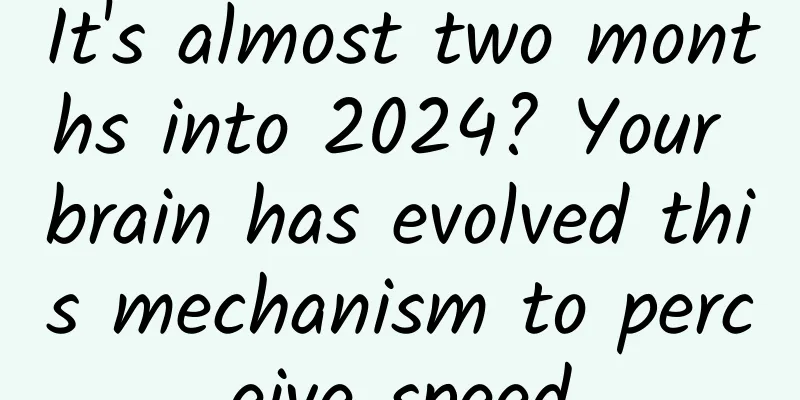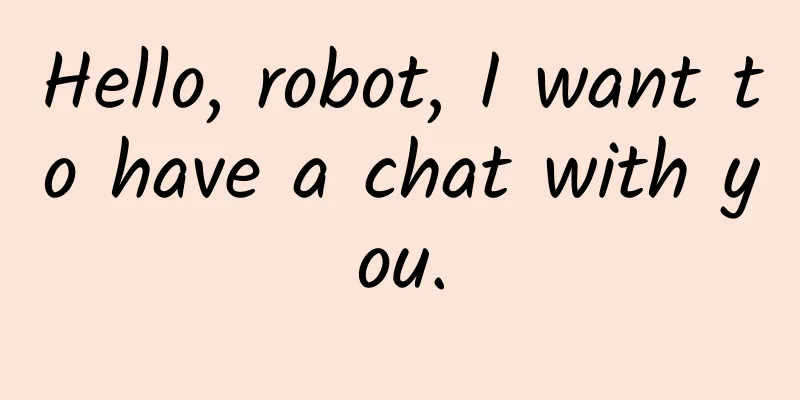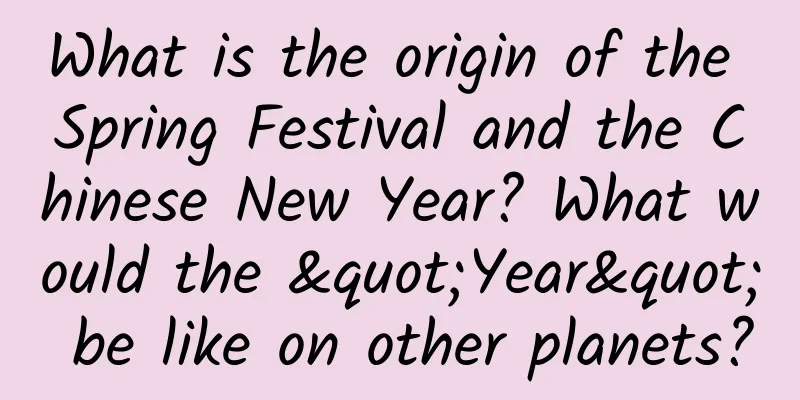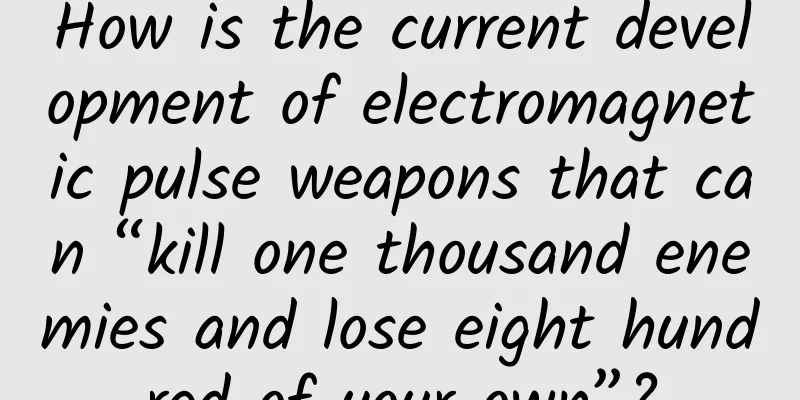It's almost two months into 2024? Your brain has evolved this mechanism to perceive speed

|
For the ancients, winter meant ice and snow, and muddy roads. In order to avoid being bored, the ancients who stayed at home waiting for the arrival of spring invented the custom of "celebrating the New Year". In 2024, the Year of the Dragon, people bid farewell to the old and usher in the new, celebrating the beginning of a new year and the renewal of all things, as if time has returned to the starting point and started again. Not only are "New Year" and "festivals" the products of human brain thinking, but even "time" is a concept created by the human brain. If you think about it carefully, you will understand that time is invisible and intangible, and it is not a real substance at all. However, the feeling of time runs through daily life and is the basis for people to understand and perceive the world. Without it, it is difficult to distinguish the order of events, and there is no way to discuss how to complete a task. For this reason, the human brain has created related concepts such as "past, present, future, seconds, minutes, hours, days, months, years", etc., which makes us feel that time is everywhere, flowing quietly like a river. In 1978, neuroscientist Popper proposed the term "basic time experience", which includes the perception of changes in duration, non-simultaneity, sequence, past and present, and the passage of time. So, how does the human brain perceive time? Researchers believe that the human brain may have a considerable area that processes time information in different ways: some parts process millisecond-level information, some parts process minute- or hour-level information, and some parts process days to years of information. The function of the superior temporal gyrus is to process speech information, which can be accurate to the millisecond level. Researchers let experimental animals, such as marmosets, listen to sound signals of different lengths and found that its superior temporal gyrus neurons showed regular changes: the discharge frequency of some neurons increased with the extension of duration; the discharge frequency of some neurons decreased with the extension of time, and the discharge time of neurons can be locked to a certain phase of the sound signal, such as the front, middle or tail segment, so that the duration of the sound signal can be better encoded. The perception of duration here is a relative duration, that is, the feeling of fast and slow, rather than an absolute duration. There are multiple areas in the human brain that have the ability to "time". These brain areas have a division of labor, such as the neostriatum stores time information, the parietal lobe controls attention over time, and the prefrontal lobe encodes relevant time information when performing tasks. If the subject is not explicitly asked to estimate a period of time, but must make a prediction of time during the task, just like predicting when the ball will fly in front of you when catching a ball, the prefrontal lobe, parietal lobe, motor cortex and cerebellum will become excited. The human brain's perception of the duration of events is related to the biological clock. The human biological clock center is located in the suprachiasmatic nucleus of the hypothalamus. In order to prove whether the biological clock depends on the external environment, scientists from NASA conducted an experiment to select a very self-disciplined woman and let her live alone in a natural cave 30 meters underground without sunlight for 210 days. After she successfully spent 6 weeks of regular life, her biological clock began to become disordered, her sense of time became blurred, and she gave up the experiment on the 130th day because of the worsening discomfort. The residents of Somaloy Island, located within the Arctic Circle, experience more than 4 months of polar day and polar night every year, which confuses their sense of time. In the end, they decided to simply abandon "time" and arrange their work and rest as they please. The human brain's perception of the duration of past events is related to the amount of information in memory. If many impressive things happened in the past year, we will feel that time has passed very slowly; if the things that happened in the past year were similar and did not leave many memory traces in our minds, we will feel that time has passed very quickly and sigh, "Where has the time gone?" Some people are immersed in work and life. When they concentrate on doing one thing, they cannot experience the sense of time, as if a day has passed in a flash. In the new year, may we comprehend the magic of time with our hearts and redefine the meaning of time. (The author is an associate professor at Central China Normal University and a member of the Science Popularization and Continuing Education Committee of the Chinese Society of Neuroscience) |
<<: A 14-year-old girl performed “sheep face recognition”?
>>: The spring breeze blows, the flowers smile, why is your nose so noisy?
Recommend
The efficacy and function of Niubaiteng
Niubaiteng is a traditional Chinese medicinal mat...
The efficacy and function of cattle hair felt
Cow-hair felt is a kind of traditional Chinese me...
The efficacy and function of the rusty fruit parasite
There are so many medicinal herbs in the world, a...
The efficacy and function of double kidney
Shuangshenzi has the effects of tonifying the kid...
The efficacy and function of Dafengzi oil [picture]
As a traditional Chinese medicine, radix dafengzi...
Are mobile phones and computers the culprits of myopia? The main reason may be this →
Author: Wang Pingguo Reviewer: Pang Yufeng, Deput...
How to consume Astragalus
Speaking of Astragalus, I believe many friends wi...
Both the leaves and fruits are yellow, so why is it called “Ginkgo”?
Produced by: Science Popularization China Author:...
If you want to minimize your intake of nitrite, how should you eat vegetables?
You may have heard that nitrite can be used to pr...
The efficacy and function of kohlrabi leaves
What are the functions of kohlrabi leaves? As a t...
A devastating "planet killer" may hit the earth. Can humanity escape the catastrophe?
Astronomers recently discovered a huge asteroid c...
Why is the golden pupa golden?
Wow, golden legend! What do you think of when you...
The efficacy and function of blackhead grass
Blackhead grass is often used as a medicinal herb...
Can smelly socks indicate lung infection? There are more things you can’t smell in life than just stinky socks!
Recently, a netizen shared his experience of gett...
What are the medicinal values of black snake?
People will be very scared as soon as they hear a...









